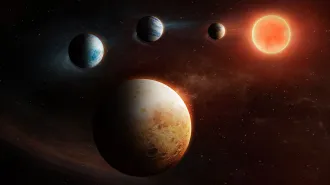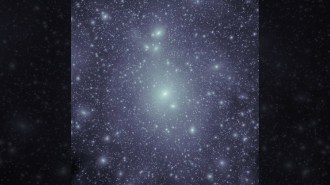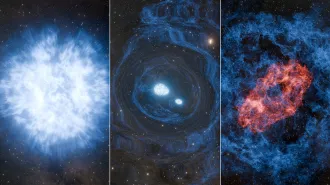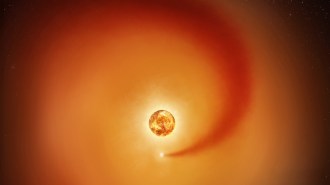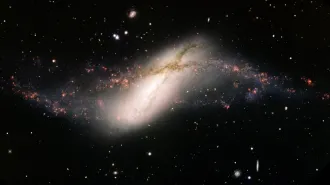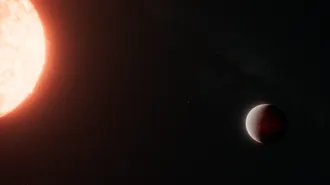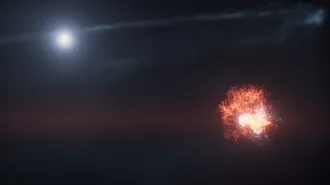Delayed launch of NASA’s next exoplanet hunter is now set for tonight
The TESS mission will rocket into one of the weirdest orbits ever
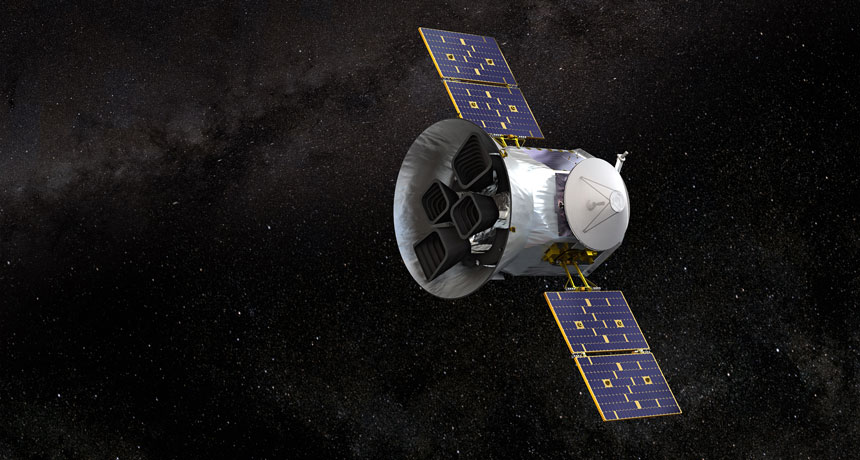
READY TO FLY NASA’s exoplanet hunting TESS satellite, shown in this artist’s illustration, is ready for launch.
NASA's Goddard Space Flight Center
